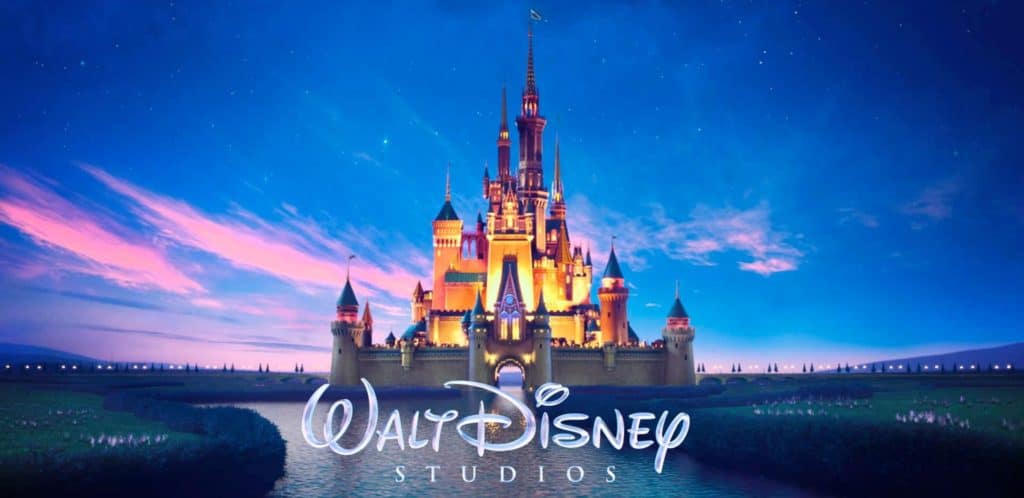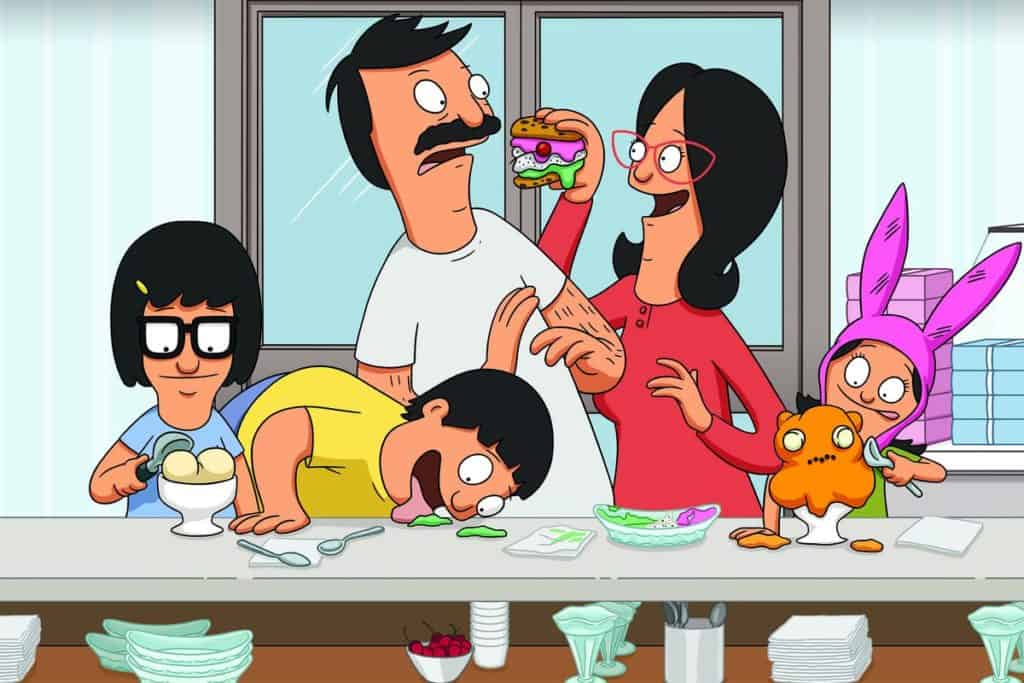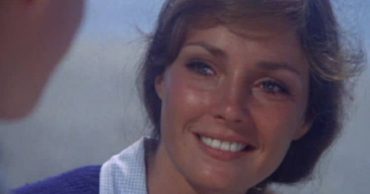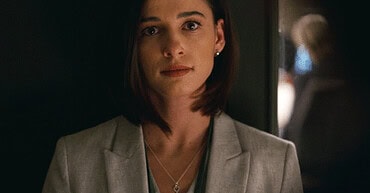
As Disney consolidates its multimedia empire after its acquisition of Fox, we are piece-by-piece learning more about what direction the entertainment titan plans to take its brand in the future. Another month gone, another round of layoffs of former Fox employees (mostly, as it turns out, on the film side of things — Disney seems perfectly happy to keep their end of that business untouched). More information from the pipeline about Disney +. And then, something interesting happening in terms of Hulu.
Prior to its merger with Fox, Disney held a sizable minority stake in video streaming service Hulu. Now after collecting Fox’s comparable stake in the company, they own a clear majority (but business is often confusing, sometimes owning a majority percentage of a company doesn’t necessarily give a majority of control over the actions of that company). And now it appears that Disney has bought out Comcast’s shares in Hulu — amounting to a solid 33% minority — effectively giving it 100% control of the online streaming platform.

Now, from the outside, this seems like a bit of a redundant move for Disney. They’re already busy with launching their own proprietary streaming platform, Disney+, later this year. I initially thought that Disney+ was going to be a Disney-branded add-on for Hulu, but this weirdly does not appear to be the case. It almost looks as if Disney intends on running two rival streaming services separate from one another, which raises a certain question about how it’s choosing to manage its intellectual properties.
Earlier this week, FX chief John Landgraf curiously commented that “I don’t think FX belongs on Disney+ at all.” And, to a degree, his comments make sense. While it would make sense that Disney would want to offer “one stop shopping” for anybody willing to pay to stream their monolithic library of content, they have meticulously curated their family friendly brand for decades, all in service to ever greater profits. Imagine the kind of whiplash some families would suffer if they paid into a streaming service to watch the latest Star Wars, Disney Animated, Pixar or Marvel movie, only to come across more adult-centered material like The Simpsons, Bob’s Burgers, American Horror Story, The Shape of Water, Alien and Predator.

Just imagine how many calls they’d have to field from irate parents. That’s an apocalyptic PR nightmare.
One solution is to just make one of these libraries of content a paid add-on. You wall off some content so that the average family or child can’t readily access it, but knowing adults can, or you just run two libraries under one service (not unlike what Filmstruck used to do). This raises the specter of Warner Bros’ tiered subscription model, however, and is another PR nightmare waiting to happen.

One solution, though on the surface more cumbersome, would be to split its libraries of content (perhaps with some minor overlap between them) across two services that it already controls: say, Disney+ and Hulu. This way you could cater to two drastically different audiences without offending the sensibilities of either one. You could even keep the subscription fees lower in either case, quietly encouraging subscribers to sign up for both services (as both would have more than enough content to warrant whatever price was set). This way your adult comedies and horror anthologies don’t mix with colorful kid cartoons, musicals and action-adventure movies.
For now, this might be how Disney decides to tackle it. Sure, buying out the outstanding shares of Hulu might suggest that they’ll just tag Disney+ on to that existing service and streaming infrastructure, but I wouldn’t discount the importance of Disney’s longstanding branding and reputation as the producer of children’s entertainment. Sometimes these things need to be kept separate to really drive the profits home. Regardless of what Disney should do, we’ll invariably find out what it IS doing soon enough.
 Follow Us
Follow Us



